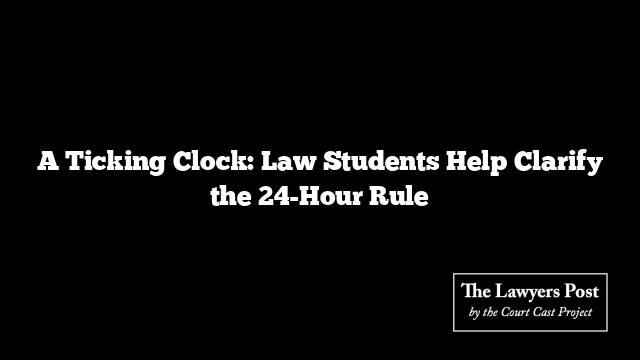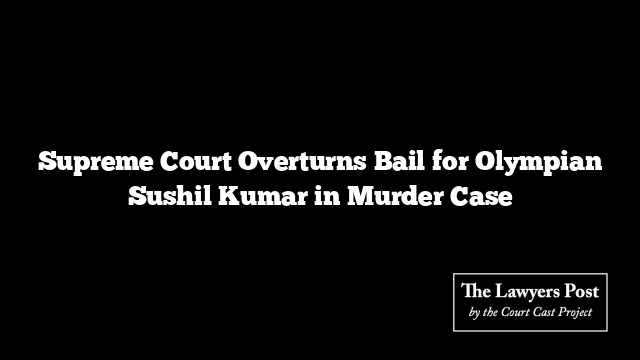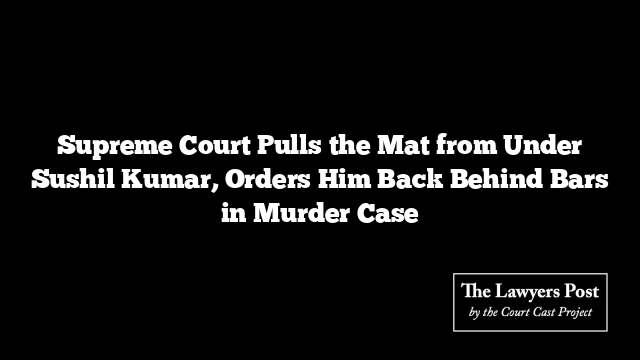When two law students from Bengaluru found themselves observing proceedings at the Kerala High Court, they could never have anticipated they’d become a crucial part of a landmark decision. Justice Bechu Kurian Thomas, presiding over a bail plea in a serious drug case, noticed their focused attention and, in an unusual but inspired move, asked for their assistance. Second-year students Nikhina Thomas and Neha Babu were appointed as amici curiae, or “friends of the court,” to help untangle a complex legal question.
The core issue revolved around a man arrested for allegedly possessing 26.92 kg of ganja. The key was a ticking clock: Article 22(2) of the Constitution mandates that a person must be brought before a magistrate within 24 hours of their arrest. But when does that clock actually start? The moment police formally record the arrest, or the moment a person’s freedom is effectively taken away?
The accused’s lawyer argued that his client had been held illegally. He was detained on January 25 at 3 PM, but his formal arrest was not recorded until 2 PM the next day. He was then produced before a magistrate at 8 PM, a timeline that stretched well beyond the 24-hour limit if you started counting from the initial detention.
Nikhina and Neha, in their powerful argument note, sided with the accused. They contended that the 24-hour period begins the moment a person’s liberty is curtailed, not when police choose to make it official. They cited Supreme Court precedents like D.K. Basu v. State of WB and Joginder Kumar v. State of UP, which have consistently condemned unrecorded periods of custody as illegal detention and a violation of human rights.
The Court agreed, scolding the police for often manipulating the terms “arrested” and “detained” to their advantage. Justice Thomas noted that any form of physical restraint or deprivation of freedom constitutes an arrest. The failure to officially record an arrest does not change the fact that a person’s liberty has been taken. By this standard, the accused had indeed been held for longer than 24 hours.
Ultimately, the Court granted the accused bail, acknowledging the illegal detention. Before concluding, Justice Thomas made a point to praise the two students for their invaluable contribution, calling them the “growing buds of the noble profession.” It was a powerful reminder that fresh perspectives can often provide the clearest path to justice.





